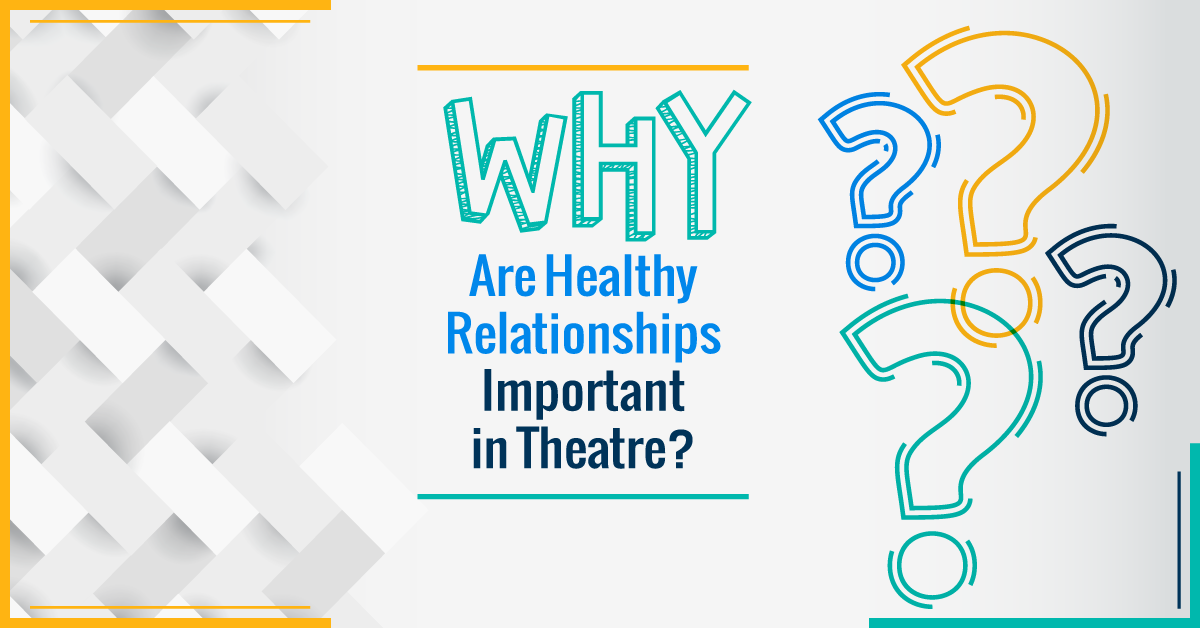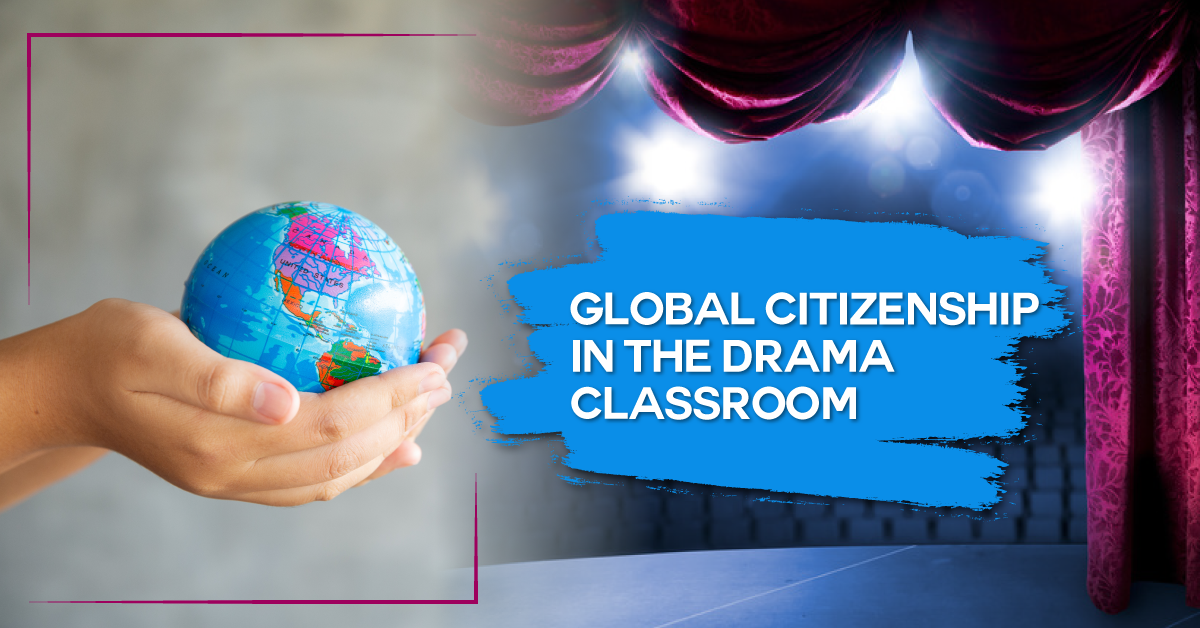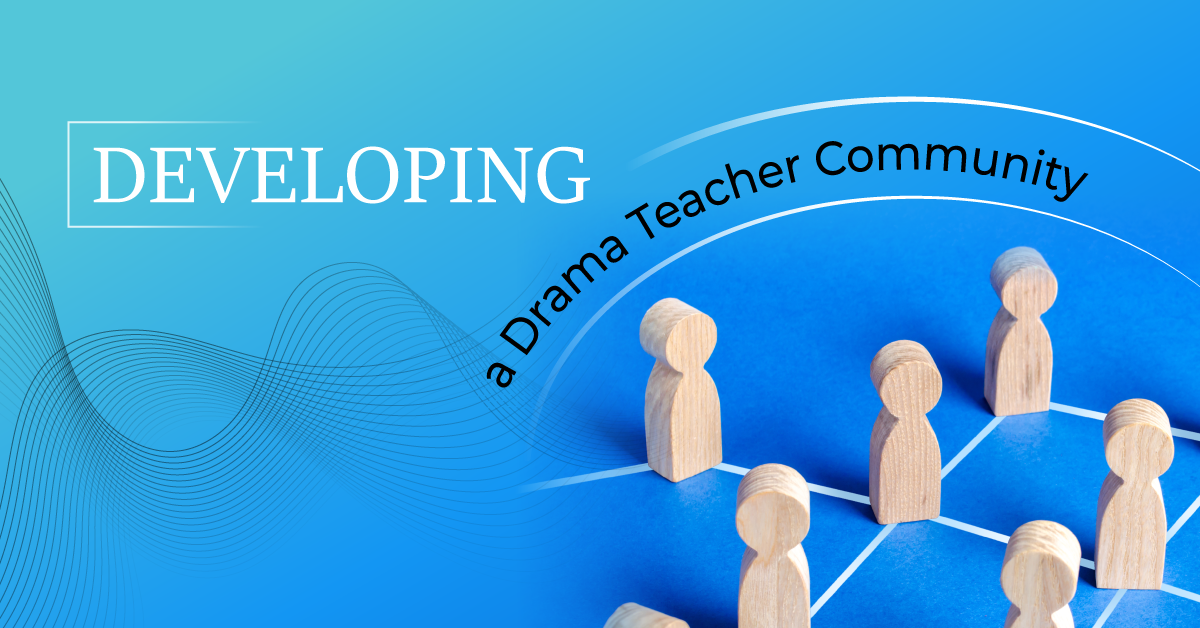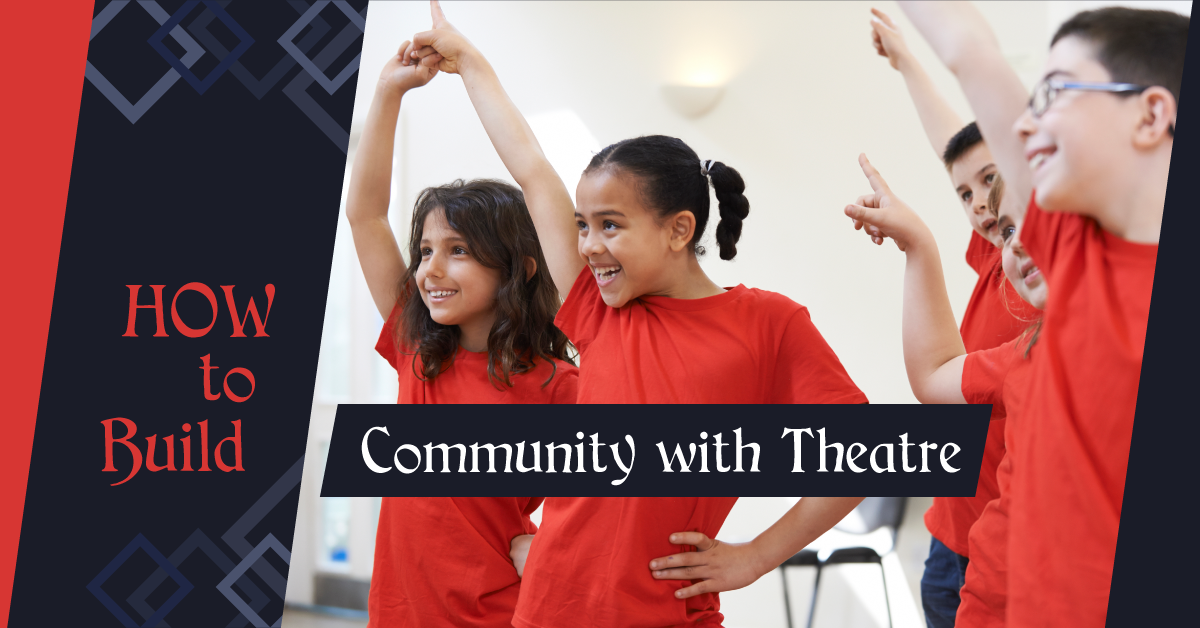Horror Movie 101: Failing Can Be Deadly by Steven Stack is a chilling mix of horror and humor - perfect for student performers and the spooky season! 👻
Why Are Healthy Relationships Important in Theatre?
Theatre is all about communication and collaboration. Students come together to tell a story and create a collective experience for an audience. When students are working together, it’s important to maintain healthy relationships within their group. This doesn’t mean that the students are all best friends. It does, however, involve trust and respect, a sense of community, and effective problem solving.
Healthy relationships are built on trust, which is necessary when creating theatre.
When they’re creating theatre, students need to be able to trust each other, no matter what role anyone is playing within the production. They need to be able to be vulnerable with each other and know that others in the production will support them. They need to trust that the actors will perform their lines and blocking accurately. They need to trust that stage management will call the cues correctly and that the technicians will complete their tasks efficiently. On top of that, they need to trust that their director (that’s likely you!) will help them grow in their roles and lead them through a successful production. By developing healthy relationships, students will build trust for each other, and vice versa — building trust leads to healthier relationships. They need to give and receive trust and respect.
Read more about trust:
Healthy relationships contribute to a sense of community.
As we said before, students aren’t immediately going to become best friends when they work on a production. But they will be spending many, many hours together working on the show. They’ll be spending their time, talents, and efforts to achieve a common goal. Through this process, students will bond through the shared experience of putting on a show together. A common bond creates a community. And when others see and sense this feeling of community, they’ll likely want to join in. Which means your drama program will grow!
Read more about community:
Having healthy relationships will help students solve problems effectively in the heat of the moment.
When students do live theatre, the question is not whether something will go wrong, but when. Part of building and maintaining healthy relationships is figuring out ways to solve problems as a team without playing the blame game. How students (and teachers!) react in the midst of a theatrical “crisis” will affect their relationships. When issues arise, everyone needs to remain calm and go into problem-solving mode. It’s the ultimate improvisation challenge! Knowing you have a strong team that you can depend on in the middle of a stressful moment is extremely reassuring. And if a student does panic and react poorly in the moment, having those healthy relationships will make it easier for them to apologize, seek forgiveness, and repair the relationship afterwards.
Read more about problem solving:
So how can you help your students develop healthy relationships? Try some of these:
- Have students give each other Warm Fuzzies.
- Praise your students and let them know you appreciate them.
- Have students share their goals for the production with the Wish Jar exercise.
- Encourage students to get together as a group outside of rehearsal to practice.
- Have students explore their thoughts about healthy relationships by completing journal entries responding to questions on the topic (download some sample questions below). If they’re comfortable doing so, have them share their responses with their classmates. They may be surprised to discover that they have some thoughts in common with others.



